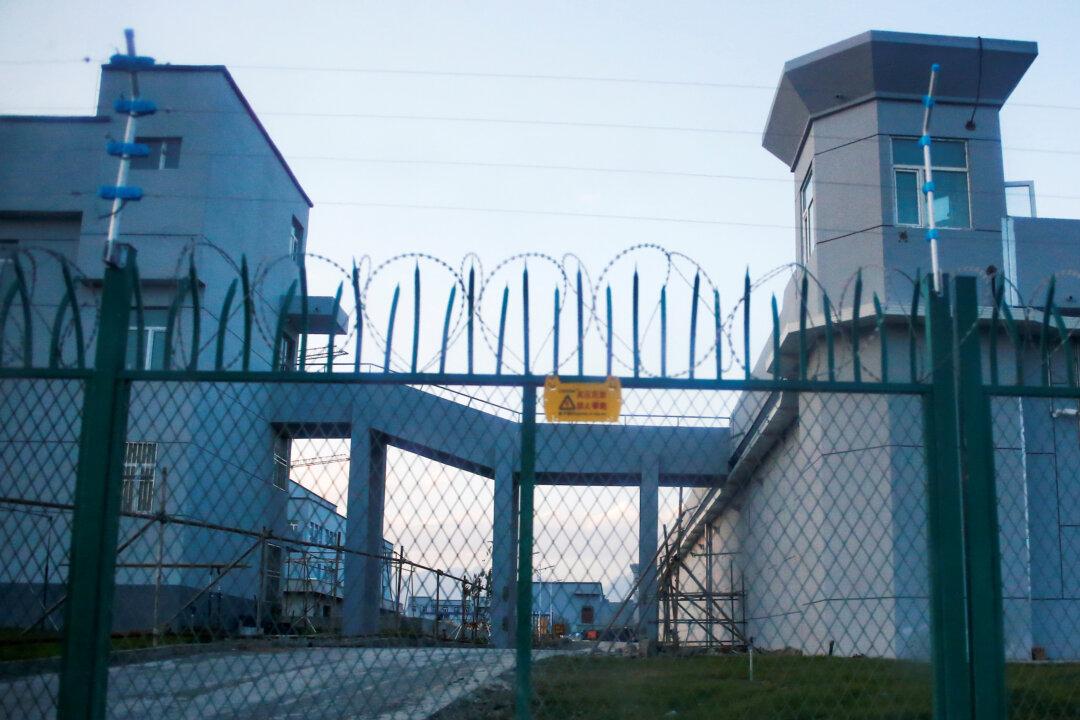WASHINGTON—The United States remains deeply troubled by multiple reports that the Chinese regime has “harassed, imprisoned, or arbitrarily detained” family members of Uyghur Muslim activists and survivors of Xinjiang internment camps who have made their stories public, U.S. Secretary of State Mike Pompeo said on Nov. 5.
“In some cases, these abuses occurred shortly after meetings with senior State Department officials,” Pompeo said in a statement, reiterating Washington’s call for Beijing to release those detained.
China has been widely condemned for setting up complexes in remote Xinjiang that it describes as “vocational training centers” to stamp out extremism and give people new skills.
The United Nations says at least 1 million ethnic Uyghurs and other Muslims have been held in mass detention, deprived of any legal rights, and subjected to mistreatment. They’re forbidden from using Islamic greetings, and are forced to learn Mandarin Chinese and sing propaganda songs, according to a report by Human Rights Watch.
In his statement, Pompeo referred to several individuals whose families he said were directly impacted by the Chinese regime’s treatment of Uyghurs, including Zumrat Dawut, who was one of the speakers at an event in New York on the sidelines of the United Nations General Assembly in September.
Dawut had spoken about how she was detained by Chinese authorities earlier this year and kept in a camp.
“Most recently, Ms. Dawut learned her elderly father, who was reportedly detained and interrogated multiple times by Chinese authorities in Xinjiang in recent years, recently passed away under unknown circumstances,” Pompeo said.
The U.S. government last month widened its trade blacklist to include some of China’s top artificial intelligence start-ups and announced visa restrictions on Chinese government and Communist Party officials it believes responsible for the detention or abuse of Muslim minorities in the Xinjiang region.
“We once again call on Beijing to cease all harassment of Uyghurs living outside of China ... and to allow families to communicate freely without repercussions,” Pompeo said.





